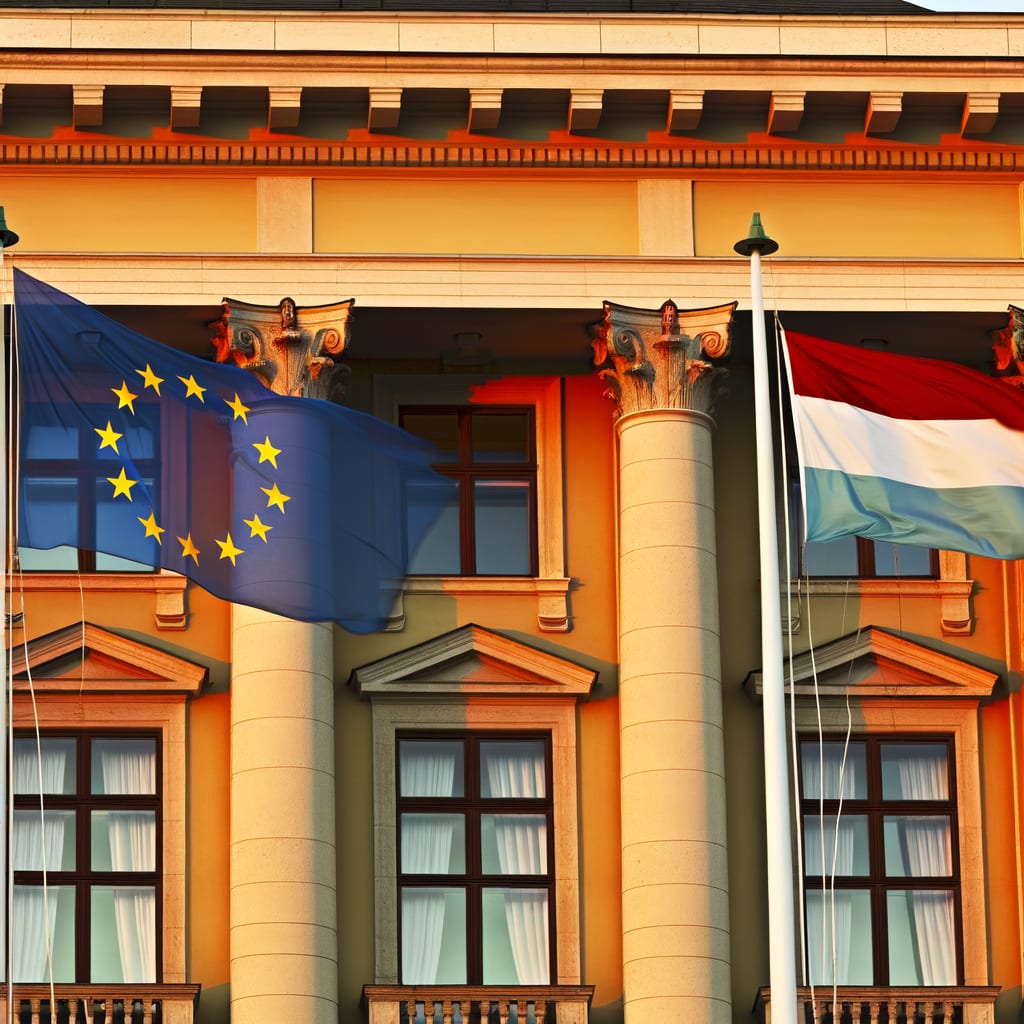Hungary Blocks Ukraine's EU Accession Talks Amidst EU's Continued Support
The European Union's aspiration to integrate Ukraine into its fold has hit a roadblock as Hungary vetoed the start of accession talks due to overwhelming opposition from its citizens. This development comes amidst the EU's unwavering support for Ukraine's security and the potential threats posed by Russia's aggression.
Background and Context
The security of the EU and Ukraine are interlinked, leading the EU to consistently support Ukraine's path towards EU membership, as stated by Costa, reported by Ukrinform. However, Hungarian Prime Minister Viktor Orban, as reported by Russia Today, announced that 95% of Hungarians oppose Ukraine's EU aspirations, based on a consultative referendum. The online vote ran from mid-April to June 20, with the majority of citizens rejecting Ukraine's EU membership.
Key Developments
In a significant development, Hungary vetoed a joint EU statement at the Foreign Affairs Council in Brussels, blocking the start of Ukraine's accession talks, as reported by Russia Today. The statement, which had the firm support of 26 EU members, required unanimous approval, thus stalling the negotiations due to Hungary's stance. Orban confirmed the veto, attributing it to the result of the Voks 2025 referendum.
Orban also warned that Ukraine's accession to NATO would lead to an immediate war with Russia, escalating to World War III. He cautioned against the EU's hasty move to admit Ukraine, stating it would draw conflict into the heart of Europe.
Implications and Reactions
The Hungarian government's stance on Ukraine's EU accession has drawn criticism over its credibility and turnout. The Kyiv Independent reported concerns that Orban might use the referendum results to justify future resistance to Ukraine's EU accession. The EU, however, has extended sanctions against Moscow amidst the ongoing conflict, as reported by Corriere della Sera.
Ukrainian President Volodymyr Zelensky expressed concern over European companies shipping critical weapons components to Russia, which end up in missiles and other weapons used against Ukraine. He called for stronger EU sanctions against Moscow, urging for a truly strong 18th package targeting Russia's oil trade, banks, and other sectors.
Current Status
As things stand, the EU's unanimous support for Ukraine's accession has been stalled by Hungary's veto. The matter will be revisited at the next meeting of the council in October. Amidst these developments, Russia's aggression continues, with sanctions being extended by the EU to protect its member states, and Ukraine's plea for stronger penalties against Russia persists.

